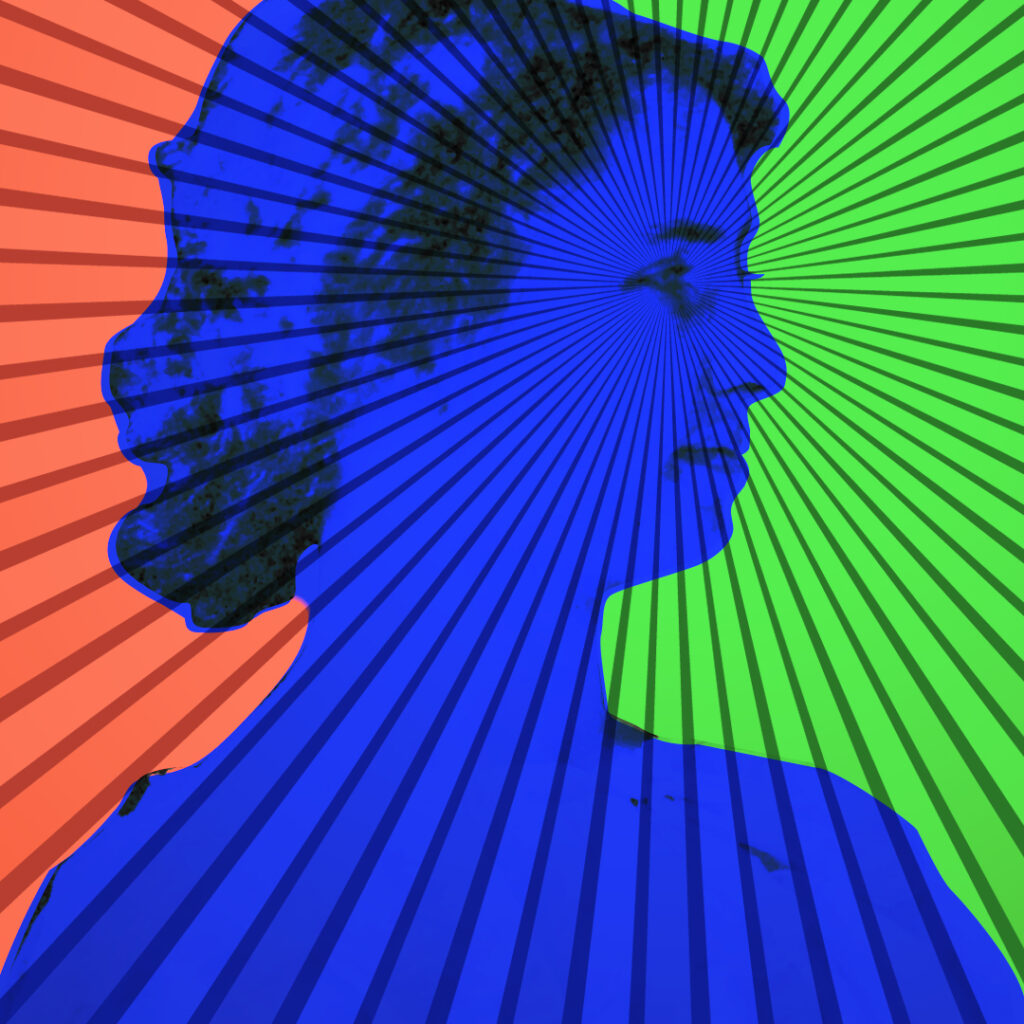Written By: Menachem Rephun, Creative Spirit Communication Manager

In the history of the disability rights movement, few individuals are more renowned and celebrated than Helen Keller (June 27, 1880 – June 1, 1968), and for good reason. A lecturer, political activist, and author of more than 14 books and hundreds of essays and speeches, Keller was an outspoken advocate for women’s suffrage, labor rights, world peace, and the rights of people with disabilities. Today, her name is synonymous with inclusion and representation for people with disabilities worldwide. June 27 is Helen Keller Day, which celebrates her remarkable life, legacy, and influence. In the words of Remember Them.org, “Today, people living with disabilities still combat political, social, and personal assaults, however, because of Helen Keller, both the political and social landscapes of disability have been forever changed.” In promoting an appreciation and recognition of people with disabilities as human beings first and individuals with disabilities second, Keller showed herself to be ahead of her time, developing a philosophy that would become central to the disability rights movement through the latter half of the 20th century up until today.
Born in Tuscumbia, Alabama, Keller was initially a physically healthy child. Her father, Arthur Keller, had been a captain in the Confederate army, while her mother, Kate Adams Keller, was related to several distinguished New England families. At 19 months, Helen lost both her sight and hearing after contracting an unknown illness, speculated to be either rubella, meningitis, or scarlet fever, according to the American Foundation for the Blind. Due to her disability and a lack of understanding from others, Helen’s behavior was often wild and uncontrollable. At age 7, Keller’s life was transformed through her connection with Anne Sullivan, a graduate of the Perkins School for the Blind who would go on to become Keller’s lifelong mentor and teacher. Sullivan, who herself had undergone multiple botched surgeries to correct her vision impairment, broke through the loneliness and isolation of Helen’s world, teaching her to write and read using Braille. This relationship was poignantly depicted in the play (and later film) The Miracle Worker. To teach Helen Braille, Sullivan used the technique of manually signing into Helen’s hand, with her first word being “water”. Following this breakthrough, Anne also helped Helen learn to speak (at Helen’s request), with help from Sarah Fuller, a teacher at the Horace Mann School for the Deaf and Hard of Hearing in Boston. Later, Helen would attend Radcliffe College in Cambridge, Massachusetts, where she excelled in her studies and graduated cum laude. In 1904, a blind and deaf individual graduating college was considered noteworthy enough to be mentioned in The Evening World, which featured an article on Keller’s upcoming graduation. However, Keller was only at the beginning of what would become an extremely distinguished career championing disability rights.
In 1910, at the age of 30, Keller began her advocacy efforts in earnest, campaigning for the prevention of blindness. Over the next several years, she would emerge as an outspoken critic of prohibition and a supporter of the poor and working class, as well as an ardent pacifist while the first World War raged on. “Strike against all ordinances and laws and institutions that continue the slaughter of peace and the butcheries of war,” she declared in a fiery 1916 speech at Carnegie Hall. ‘Strike against war, for without you no battles can be fought. Strike against manufacturing shrapnel and gas bombs and all other tools of murder. Strike against preparedness that means death and misery to millions of human beings. Be not dumb, obedient slaves in an army of destruction. Be heroes in an army of construction.” Despite this outspoken opposition to the war, Keller was highly supportive of blind veterans returning from combat. In 1915, she (along with New York merchant George Kessler, a survivor of the capsized ship the Lusitania) co-founded Helen Keller Intl, an organization designed to assist veterans blinded during combat. This was a groundbreaking effort at a time when being disabled was still heavily stigmatized and misunderstood by society at large. Today, the organization continues its work preventing and treating vision loss and blindness, operating in 21 countries worldwide. Keller was also a co-founder of the American Civil Liberties Union (ACLU), delivering speeches advocating for job assistance for individuals with disabilities, as https://choosework.ssa.gov/ notes. The time, dedication, and energy Keller invested in her advocacy on disability rights was truly remarkable. In her role as counselor of international relations for the American Foundation of Overseas Blind (a position she held for eleven years), Keller visited 35 countries, and at 75 years old, undertook a 5-month, 40,000 mile trip across Asia. As the Heroine Collective.com points out, this extraordinary effort was designed to make a point about how much people with disabilities were and are capable of, Keller herself included. On her 80th birthday, in 1960, Keller told interviewer Ann Carnahan that her greatest wish would be “to see the day when every blind child has an opportunity of an education and every blind grown-up has the chance for training and job placement.” 30 years later, the Americans With Disabilities Act (ADA) was signed into law, revolutionizing accessibility and inclusion for the millions of Americans with disabilities, and providing stronger protections against unlawful discrimination in the workplace and in other aspects of public life. The signing of the ADA was preceded by other noteworthy events like the 1990 “Capitol Crawl”, in which demonstrators with physical disabilities pulled themselves up the steps of the Capitol Building in Washington to protest against physical inaccessibility. This reflected Keller’s message that society needed to accommodate individuals with disabilities, rather than vice versa.
In 1968, Keller passed away in her sleep at the age of 87. For her lifelong efforts on behalf of people with disabilities, she was honored with the Presidential Medal of Freedom, an honorary doctorate from Harvard, and the Theodore Roosevelt Distinguished Service Medal, along with being inducted into the Women’s Hall of Fame. However, her greatest achievement and legacy is in her efforts paving the inroads for a society that truly appreciates and includes the disabilities community, including individuals who are neurodivergent. Keller’s view of a disability as a societal problem, rather than a problem within the individual, was best expressed in a 1925 Washington D.C. speech she gave to the American Foundation for the Blind: “The chief handicap of the blind is not blindness, but the attitude of seeing people towards them.” Today, Creative Spirit is dedicated to carrying on Helen Keller’s legacy through our own work ensuring fair-wage employment for the neurodiverse community. So many inroads have been made both during and after Keller’s lifetime, but even in 2023, there’s still so much ground left to cover. As Keller herself observed in a speech to the Massachusetts Association in 1927, “He who is content with what has been done is an obstacle in the path of progress.” Keller’s life is a testament to how profound and positive an impact one individual can have when truly motivated to make a difference. Imagine how much we can achieve by harnessing that power collectively to challenge the status quo.






